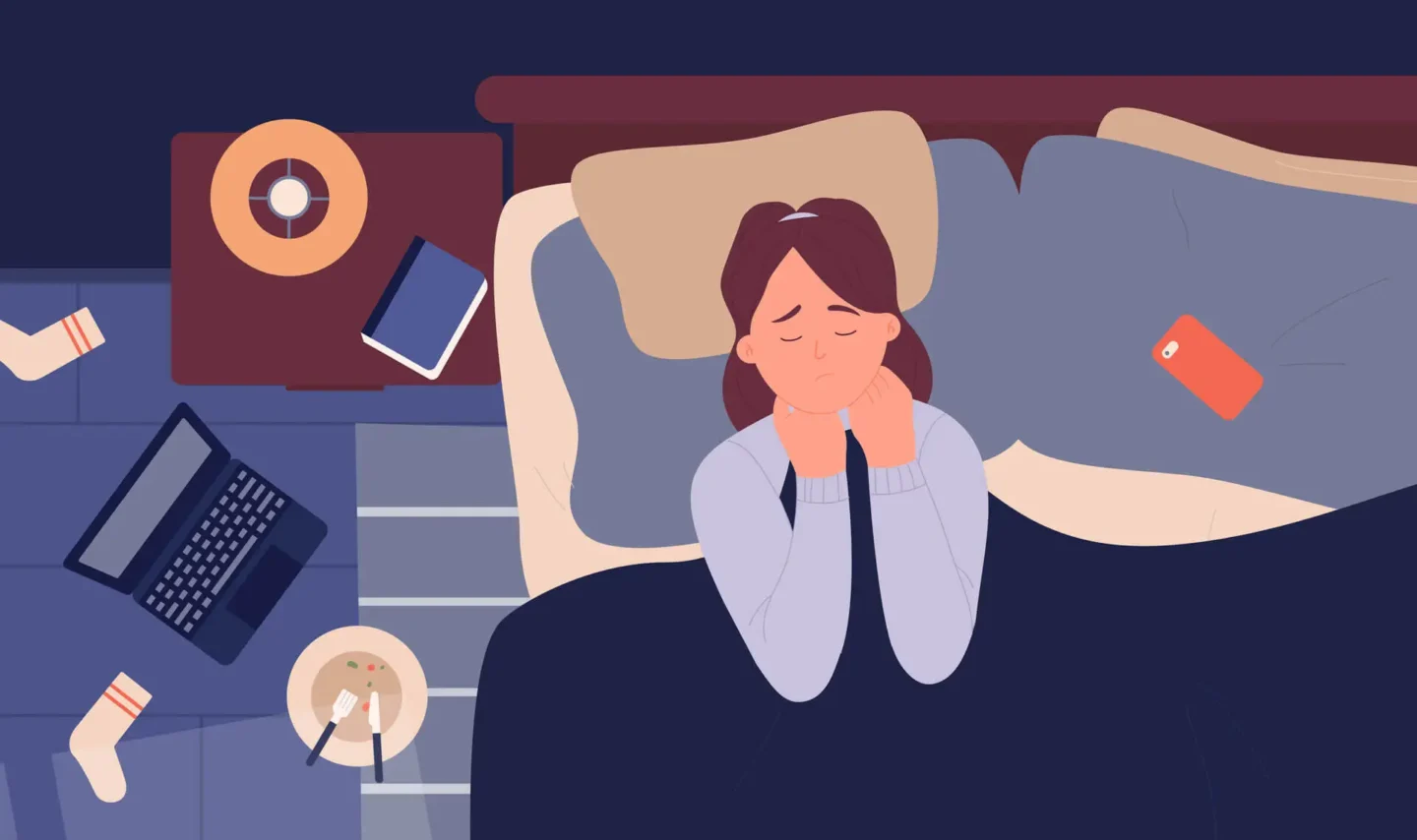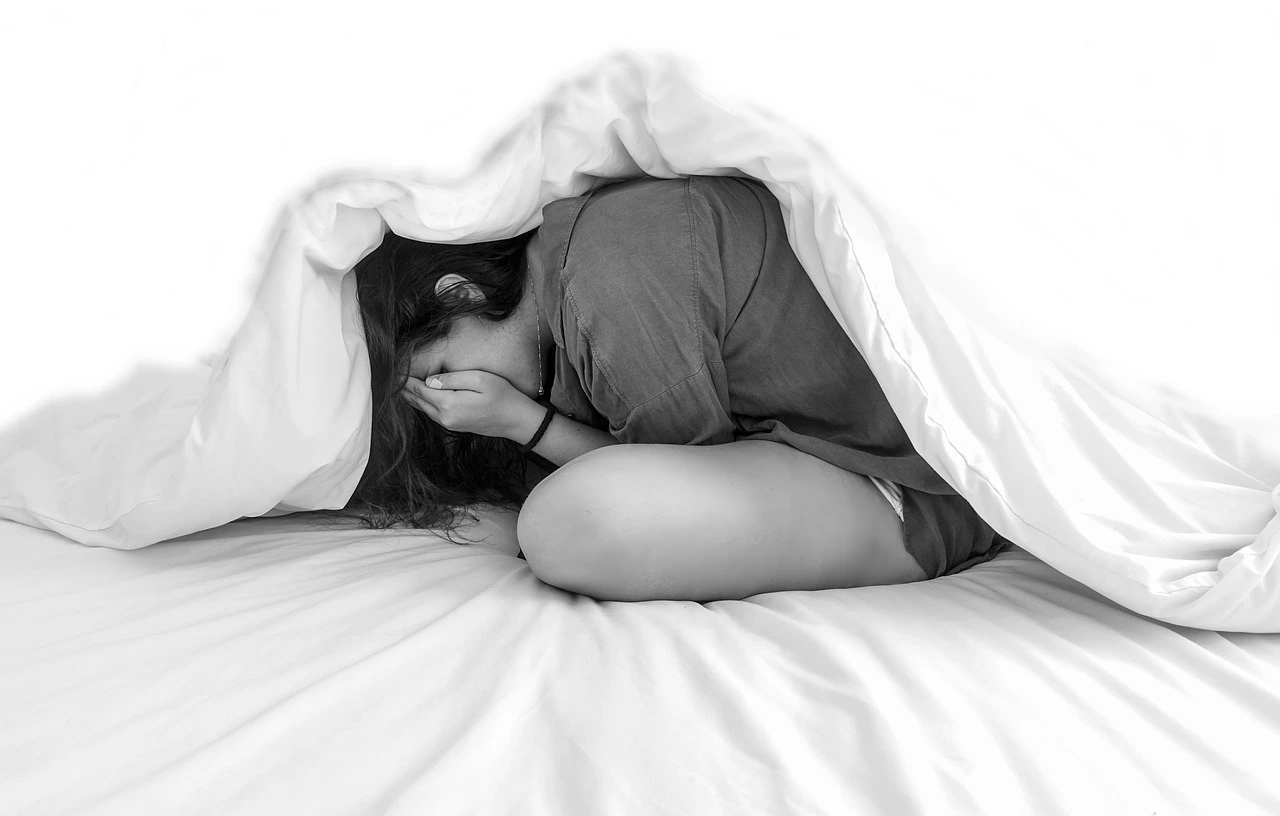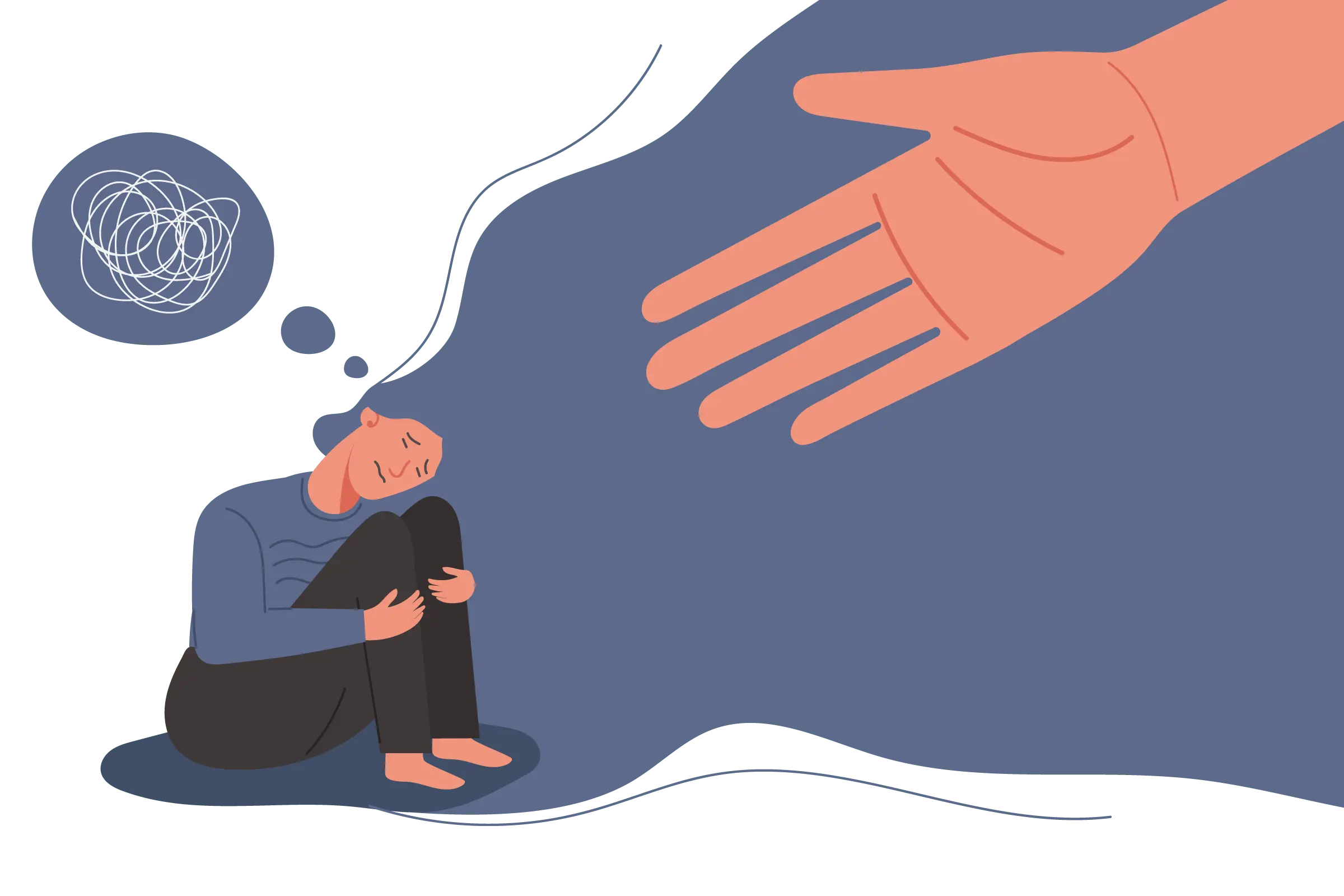Navigating the depths of depression can feel isolating and overwhelming, but you don’t have to face it alone. If you’ve ever questioned, “How Does Therapy Help in the Treatment of Depression?” you’re taking an important step toward understanding and overcoming this challenging condition. Therapy offers a supportive and structured environment where you can explore the root causes of your depression, develop coping strategies, and regain a sense of hope and purpose. Through various therapeutic approaches, you can learn to manage symptoms, change negative thought patterns, and build resilience. Let’s explore the profound ways therapy can transform your journey with depression and lead you towards a brighter, more fulfilling life.
Understanding Depression
First off, let’s talk about what depression actually is. Depression isn’t just feeling sad or having a bad day. It’s a persistent feeling of sadness, hopelessness, and a lack of interest or pleasure in nearly all activities. It can affect your thoughts, behavior, feelings, and even physical health. It’s a serious condition, but the good news is, it’s treatable!

Types of Therapy for Depression
When it comes to treating depression, several types of therapy can be incredibly effective. Here are a few of the most common ones:
Cognitive Behavioral Therapy (CBT)
CBT is one of the most widely used therapies for depression. It focuses on identifying and changing negative thought patterns and behaviors that contribute to your depression. Think of it as a mental workout where you learn to challenge and reframe negative thoughts.
Interpersonal Therapy (IPT)
IPT focuses on improving your relationships and communication skills. It helps you understand and work through relationship issues that might be contributing to your depression. This can be particularly helpful if your depression is linked to conflicts with family, friends, or coworkers.
Psychodynamic Therapy
This type of therapy delves into your past to uncover unresolved conflicts and feelings that might be influencing your current behavior and mental state. It’s like a deep dive into your subconscious, helping you understand the root causes of your depression.
Mindfulness-Based Cognitive Therapy (MBCT)
MBCT combines cognitive therapy with mindfulness practices. It teaches you to be present in the moment and aware of your thoughts and feelings without judgment. This can help break the cycle of negative thinking that often accompanies depression.
The Benefits of Therapy for Depression
So, why is therapy so effective in treating depression? Let’s break down some of the key benefits:
Provides a Safe Space
One of the most important aspects of therapy is that it provides a safe, non-judgmental space for you to express your feelings. It’s a place where you can talk about things you might not feel comfortable sharing with friends or family.
Helps You Understand Your Depression
Therapy helps you gain a deeper understanding of your depression. You’ll learn about the triggers and underlying causes of your symptoms. This understanding is crucial for developing effective coping strategies.
Develops Coping Strategies
A therapist can teach you practical coping strategies to manage your depression. These might include techniques for managing stress, improving your sleep, and developing healthier habits.
Improves Relationships
If your depression is affecting your relationships, therapy can help. You’ll learn better communication skills and ways to resolve conflicts, which can lead to healthier, more supportive relationships.
Reduces Symptoms
Numerous studies have shown that therapy can significantly reduce the symptoms of depression. It can help you feel more hopeful, improve your mood, and increase your overall sense of well-being.

What to Expect in Therapy
If you’re considering depression treatment Arlington, you might be wondering what to expect. Here’s a quick rundown of what the process typically looks like:
Initial Assessment
Your first session will usually involve an initial assessment. The therapist will ask you about your symptoms, medical history, and any other relevant information. This helps them get a clear picture of your situation and develop a tailored treatment plan.
Setting Goals
Together with your therapist, you’ll set specific, achievable goals for your treatment. These might include reducing certain symptoms, improving your relationships, or developing new coping skills.
Regular Sessions
Therapy typically involves regular sessions, usually once a week. These sessions might be in-person, over the phone, or via video chat, depending on your preferences and availability.
Homework
Don’t worry, it’s not like school homework! But your therapist might give you exercises or activities to do between sessions. These are designed to help reinforce what you’ve learned and apply it to your daily life.
Finding the Right Therapist in Arlington
Finding the right therapist can make a huge difference in your treatment. Here are a few tips to help you find the perfect match:
Research
Start by doing some research on therapists in Arlington who specialize in depression treatment. Look for reviews and testimonials to get an idea of their reputation and success rate.
Ask for Recommendations
Don’t be afraid to ask your doctor or friends for recommendations. They might know a great therapist who can help you.
Check Credentials
Make sure the therapist is licensed and has the necessary qualifications and experience. This is crucial for ensuring you’re getting the best possible care.
Trust Your Gut
It’s important to feel comfortable and safe with your therapist. Trust your instincts and choose someone you feel a connection with. Therapy is a collaborative process, and a good therapist will work with you to achieve your goals.
Read more about “How to Talk to Your Partner About Relationship Problems” on our blog page now!
Combining Therapy with Other Treatments
While therapy is incredibly effective, it’s often most effective when combined with other treatments. Here are a few complementary treatments that can enhance your therapy:
Medication
In some cases, medication might be necessary to help manage the symptoms of depression. Antidepressants can help balance the chemicals in your brain that affect your mood. Your therapist can work with your doctor to find the right medication for you.
Lifestyle Changes
Simple lifestyle changes can have a big impact on your mental health. Regular exercise, a healthy diet, and good sleep hygiene can all help improve your mood and reduce symptoms of depression.
Support Groups
Joining a support group can provide additional emotional support and help you feel less alone. It’s a great way to connect with others who are going through similar experiences.
The Role of Family and Friends
Having a strong support system is crucial when dealing with depression. Here are a few ways your family and friends can help:
Educate Themselves
Encourage your loved ones to learn about depression and its treatment. The more they understand, the better they can support you.
Be There for You
Sometimes, just knowing that someone is there for you can make a big difference. Encourage your loved ones to offer their support and be there to listen when you need to talk.
Encourage Treatment
Your loved ones can play a key role in encouraging you to seek treatment and stick with it. Their support can be a powerful motivator.
Final Thoughts
If you’re struggling with depression, remember that you’re not alone. Therapy can be an incredibly effective tool in managing and overcoming depression. Whether it’s through cognitive behavioral therapy, interpersonal therapy, or another type of therapy, there’s help available. And if you’re looking for depression treatment in Arlington, many qualified therapists can provide the support and guidance you need.
Take the first step towards a brighter tomorrow with Elysian Psychological Services. Our expert therapists are ready to support you on your journey to mental well-being. Reach out to us today and let’s work together to conquer depression and reclaim your joy.
Navigating the depths of depression can feel isolating and overwhelming, but you don’t have to face it alone. If you’ve ever questioned, “How Does Therapy Help in the Treatment of Depression?” you’re taking an important step toward understanding and overcoming this challenging condition. Therapy offers a supportive and structured environment where you can explore the root causes of your depression, develop coping strategies, and regain a sense of hope and purpose. Through various therapeutic approaches, you can learn to manage symptoms, change negative thought patterns, and build resilience. Let’s explore the profound ways therapy can transform your journey with depression and lead you towards a brighter, more fulfilling life.
Understanding Depression
First off, let’s talk about what depression actually is. Depression isn’t just feeling sad or having a bad day. It’s a persistent feeling of sadness, hopelessness, and a lack of interest or pleasure in nearly all activities. It can affect your thoughts, behavior, feelings, and even physical health. It’s a serious condition, but the good news is, it’s treatable!
Types of Therapy for Depression
When it comes to treating depression, several types of therapy can be incredibly effective. Here are a few of the most common ones:
Cognitive Behavioral Therapy (CBT)
CBT is one of the most widely used therapies for depression. It focuses on identifying and changing negative thought patterns and behaviors that contribute to your depression. Think of it as a mental workout where you learn to challenge and reframe negative thoughts.
Interpersonal Therapy (IPT)
IPT focuses on improving your relationships and communication skills. It helps you understand and work through relationship issues that might be contributing to your depression. This can be particularly helpful if your depression is linked to conflicts with family, friends, or coworkers.
Psychodynamic Therapy
This type of therapy delves into your past to uncover unresolved conflicts and feelings that might be influencing your current behavior and mental state. It’s like a deep dive into your subconscious, helping you understand the root causes of your depression.
Mindfulness-Based Cognitive Therapy (MBCT)
MBCT combines cognitive therapy with mindfulness practices. It teaches you to be present in the moment and aware of your thoughts and feelings without judgment. This can help break the cycle of negative thinking that often accompanies depression.
The Benefits of Therapy for Depression
So, why is therapy so effective in treating depression? Let’s break down some of the key benefits:
Provides a Safe Space
One of the most important aspects of therapy is that it provides a safe, non-judgmental space for you to express your feelings. It’s a place where you can talk about things you might not feel comfortable sharing with friends or family.
Helps You Understand Your Depression
Therapy helps you gain a deeper understanding of your depression. You’ll learn about the triggers and underlying causes of your symptoms. This understanding is crucial for developing effective coping strategies.
Develops Coping Strategies
A therapist can teach you practical coping strategies to manage your depression. These might include techniques for managing stress, improving your sleep, and developing healthier habits.
Improves Relationships
If your depression is affecting your relationships, therapy can help. You’ll learn better communication skills and ways to resolve conflicts, which can lead to healthier, more supportive relationships.
Reduces Symptoms
Numerous studies have shown that therapy can significantly reduce the symptoms of depression. It can help you feel more hopeful, improve your mood, and increase your overall sense of well-being.
What to Expect in Therapy
If you’re considering depression treatment Arlington, you might be wondering what to expect. Here’s a quick rundown of what the process typically looks like:
Initial Assessment
Your first session will usually involve an initial assessment. The therapist will ask you about your symptoms, medical history, and any other relevant information. This helps them get a clear picture of your situation and develop a tailored treatment plan.
Setting Goals
Together with your therapist, you’ll set specific, achievable goals for your treatment. These might include reducing certain symptoms, improving your relationships, or developing new coping skills.
Regular Sessions
Therapy typically involves regular sessions, usually once a week. These sessions might be in-person, over the phone, or via video chat, depending on your preferences and availability.
Homework
Don’t worry, it’s not like school homework! But your therapist might give you exercises or activities to do between sessions. These are designed to help reinforce what you’ve learned and apply it to your daily life.
Finding the Right Therapist in Arlington
Finding the right therapist can make a huge difference in your treatment. Here are a few tips to help you find the perfect match:
Research
Start by doing some research on therapists in Arlington who specialize in depression treatment. Look for reviews and testimonials to get an idea of their reputation and success rate.
Ask for Recommendations
Don’t be afraid to ask your doctor or friends for recommendations. They might know a great therapist who can help you.
Check Credentials
Make sure the therapist is licensed and has the necessary qualifications and experience. This is crucial for ensuring you’re getting the best possible care.
Trust Your Gut
It’s important to feel comfortable and safe with your therapist. Trust your instincts and choose someone you feel a connection with. Therapy is a collaborative process, and a good therapist will work with you to achieve your goals.
Read more about “How to Talk to Your Partner About Relationship Problems” on our blog page now!
Combining Therapy with Other Treatments
While therapy is incredibly effective, it’s often most effective when combined with other treatments. Here are a few complementary treatments that can enhance your therapy:
Medication
In some cases, medication might be necessary to help manage the symptoms of depression. Antidepressants can help balance the chemicals in your brain that affect your mood. Your therapist can work with your doctor to find the right medication for you.
Lifestyle Changes
Simple lifestyle changes can have a big impact on your mental health. Regular exercise, a healthy diet, and good sleep hygiene can all help improve your mood and reduce symptoms of depression.
Support Groups
Joining a support group can provide additional emotional support and help you feel less alone. It’s a great way to connect with others who are going through similar experiences.
The Role of Family and Friends
Having a strong support system is crucial when dealing with depression. Here are a few ways your family and friends can help:
Educate Themselves
Encourage your loved ones to learn about depression and its treatment. The more they understand, the better they can support you.
Be There for You
Sometimes, just knowing that someone is there for you can make a big difference. Encourage your loved ones to offer their support and be there to listen when you need to talk.
Encourage Treatment
Your loved ones can play a key role in encouraging you to seek treatment and stick with it. Their support can be a powerful motivator.
Final Thoughts
If you’re struggling with depression, remember that you’re not alone. Therapy can be an incredibly effective tool in managing and overcoming depression. Whether it’s through cognitive behavioral therapy, interpersonal therapy, or another type of therapy, there’s help available. And if you’re looking for depression treatment in Arlington, many qualified therapists can provide the support and guidance you need.
Take the first step towards a brighter tomorrow with Elysian Psychological Services. Our expert therapists are ready to support you on your journey to mental well-being. Reach out to us today and let’s work together to conquer depression and reclaim your joy.


